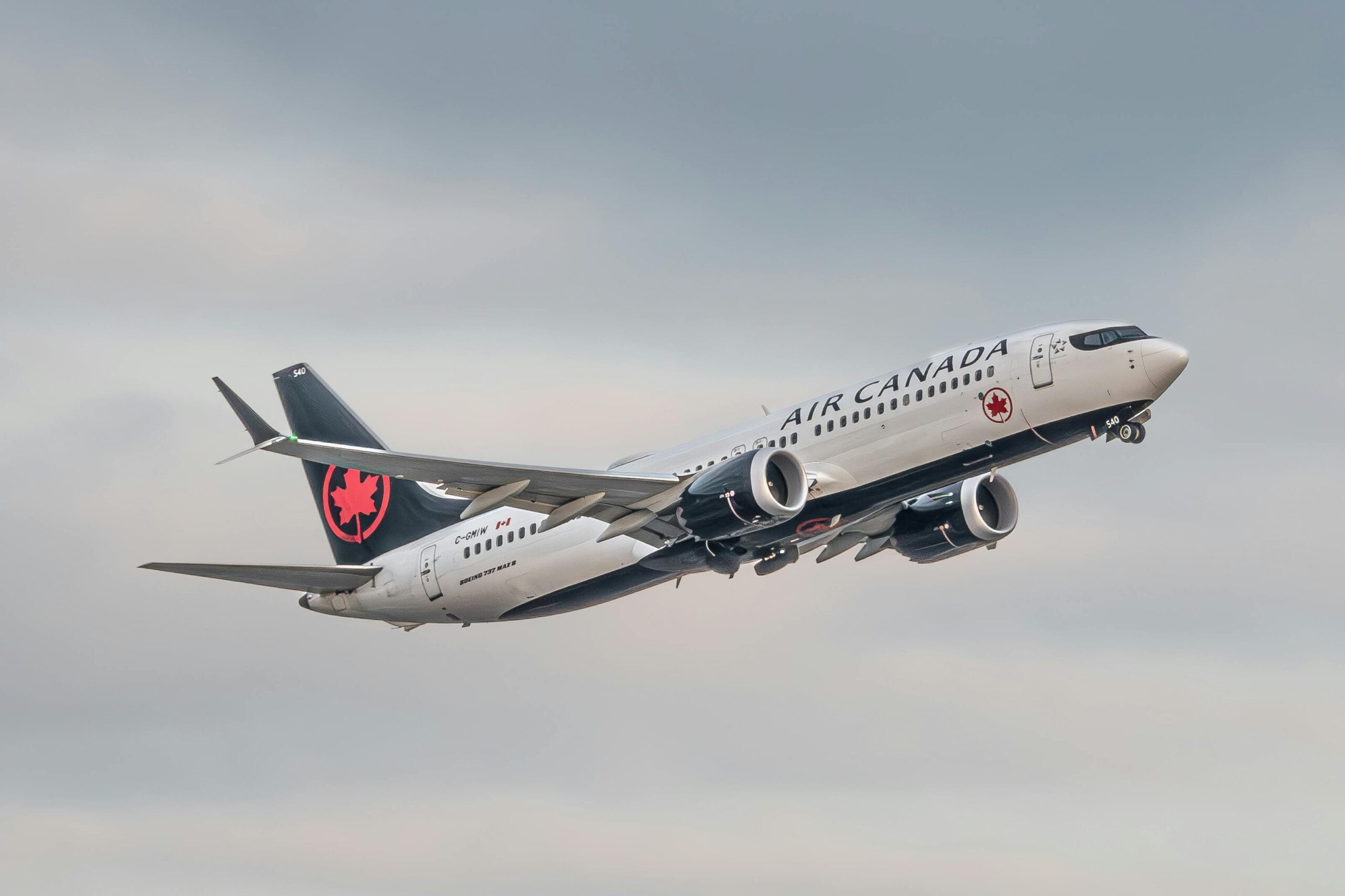Featured photo by Airborne YVR
Recently, the Department of Transportation (DOT) issued new regulations mandating airlines to promptly provide passengers with automatic cash refunds in the event of flight delays or cancellations. These rules also extend to cover significant delays in checked baggage or instances where airlines fail to deliver extra services purchased by passengers. Let’s delve into the changes and how they might impact your next trip.
Airlines must provide refunds for canceled or significantly changed flights
A flight is deemed to have undergone a “significant change” under the following conditions:
- Departure or arrival times changed by 3+ hours for domestic flights or 6+ hours for international flights
- Change in departure or arrival airport
- Increase in the number of connections
- Downgrade to a lower class of service
- Change to a less accessible flight for passengers with disabilities
If any of the above apply, then you are entitled to a full cash refund if you do not accept alternative transportation or travel credits offered.
Airlines must provide refunds for significantly delayed baggage returns
A delay in baggage return is considered significant if:
- Domestic flight baggage is not delivered within 12 hours of arrival at the gate
- International flight baggage is not delivered within 15-30 hours of arrival at the gate, depending on the flight’s duration
If you file a missing baggage report, you will be entitled to a refund for the checked bag fee.
Airlines must provide refunds for extra services not provided
Passengers are entitled to a refund for any additional services they paid for, such as Wi-Fi, seat selection, or inflight entertainment if the airline fails to provide them.
Airlines must provide travel vouchers/credits if passengers can’t fly due to government restrictions or a doctor’s orders
If you are instructed by a medical professional or the government not to travel to, from, or within the United States due to a serious communicable disease, you will be entitled to a travel voucher/credit. You might be required to provide some form of documentation to prove this.
The vouchers/credits need to be transferable and can be used for at least five years after the date they were issued.
What is the refund process?
Refunds are now required to be automatic, prompt, in cash or the original form of payment, and for the full amount. These requirements are as follows:
- Automatic: Airlines must issue refunds automatically without passengers needing to request them.
- Prompt: Refunds must be processed within 7 business days for credit card purchases and within 20 calendar days for other payment methods.
- Cash or Original Form of Payment: Airlines must refund passengers in cash or using the original payment method, whether it’s credit card or airline miles. Airlines cannot substitute refunds with vouchers or travel credits unless passengers explicitly choose to accept alternative compensation.
- Full Amount: Refunds must cover the entire ticket purchase price, minus the value of any portion of transportation already used. This includes all government-imposed taxes and fees, as well as airline-imposed fees, regardless of their refundability to airlines.
Airlines now must proactively contact you about any significant changes to your flight and tell you that you are entitled to a refund.
When does it go into effect?
Airlines must institute automatic refunds within 6 months. For travel vouchers and credits for passengers advised by a medical professional not to fly, airlines have a year.
These rules apply to all flights on domestic airlines and flights to and from the United States operated by foreign airlines.
Here are my thoughts
These are significant improvements to the status quo. Currently, the process in the US requires customers to fight for their right to get a refund for services not rendered. Often airlines will refuse and provide miles or a travel voucher instead. I have also heard of multiple instances where people who originally had business class tickets get bumped to economy plus due to a change in the plane.
I think there are a couple of major takeaways from this rule:
- If an airline asks if you would like a voucher, travel credit, or points as a form of compensation, unless they start offering significantly more (I’d say at least 30% more) value for accepting alternative compensation, I would advise going with the cash refund.
- If you paid for additional services (wifi, seat upgrade, etc) and they do not work, you should inform the airlines. You should be entitled to a refund for the additional services paid. I am not sure how this will work logistically since I assume the burden of proof is going to be on the customer.
I do have some questions about these new rules. These refunds seem to only apply to paid services. What does this mean for additional services paid with points? I could not find any information about a refund for points. Does this mean if I upgraded my seat with points and the airline fails to provide the upgrade they are not required to refund me the points spent? What about partially rendered services? For example, if I bought an international plane ticket and the entertainment system did not work, am I entitled to any compensation?
Read more on the Department of Transportation’s website

Leave a Reply